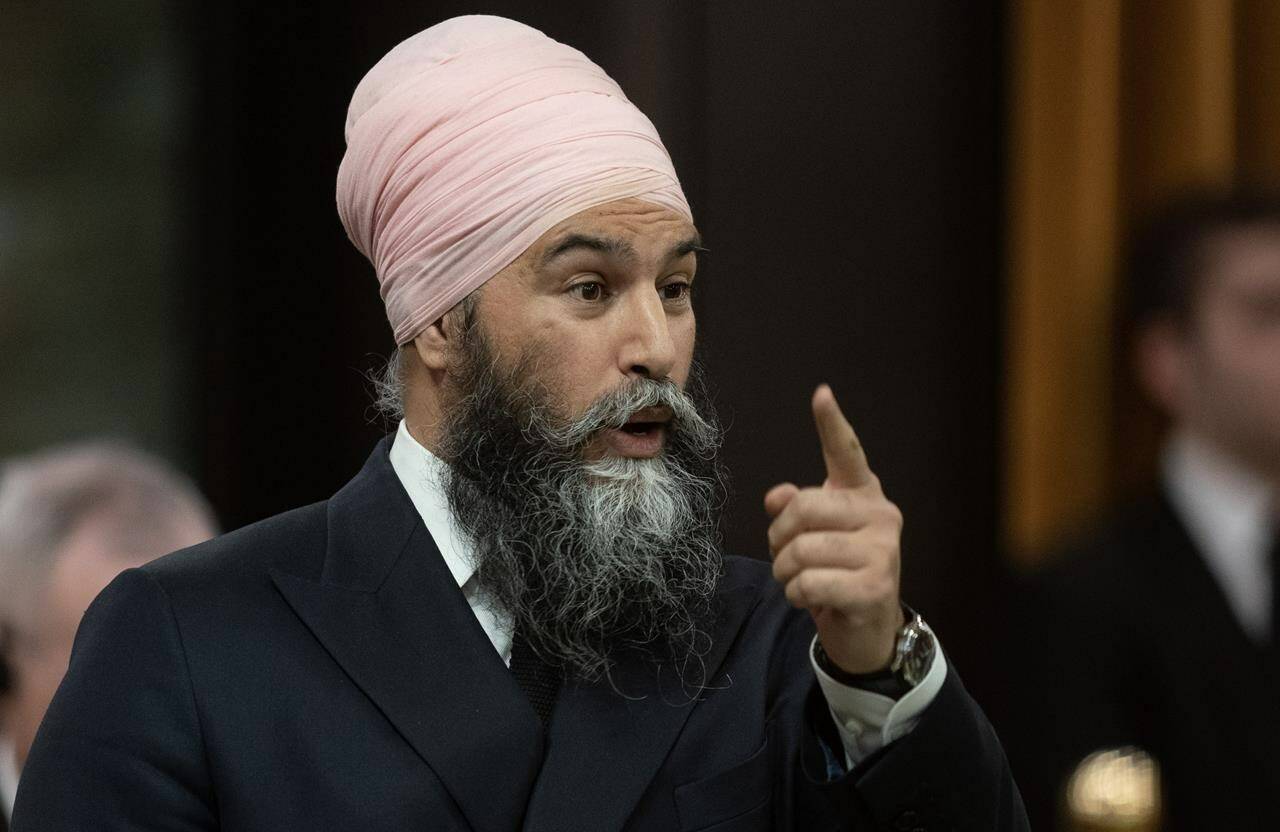Tuesday’s federal budget is drawing a range of reactions from Canada’s westernmost province.
B.C. Finance Minister Katrine Conroy said Tuesday afternoon in a statement that her government welcomes Ottawa’s decision to invest billions in housing, but calls the move “overdue” and laments lack of funding for critical infrastructure to support that housing.
“Our communities are growing faster than ever, driven by migration to B.C.,” Conroy said. “There’s an urgent need for the federal government to support the infrastructure people rely on. While we welcome investments such as the Canada Housing Infrastructure Fund, there’s an overdue need for a national strategic infrastructure fund. We’re disappointed that urgent infrastructure needs are not supported and are closely reviewing today’s release.”
Ottawa’s budget meanwhile, is getting a provisional thumbs-up from B.C.’s mortgage industry, because it would allow first-time home buyers to purchase 30-year-mortgages among other measures designed to encourage home-ownership.
Nonetheless, Canadian Mortgage Brokers Association B.C. president Marci Deane said Ottawa needs to do more.
“While these are encouraging steps, we know that further policy changes will be needed in order to more broadly help British Columbians who feel priced out and ignored by policymakers,” Deane said.
RELATED: B.C. ahead of curve as feds roll out big housing dollars with demands: Eby
Fiona Famulak, president and CEO of the BC Chamber of Commerce, said the budget had few surprises, given that Ottawa had already announced several measures beforehand.
She praised promises to reduces internal trade barriers, the Indigenous Loan Guarantee Program and initiatives to get major projects built faster.
“However, we are concerned with the continued deficit financing and were disappointed the federal government chose to raise the capital gains tax to partially pay for new spending priorities,” Famulak said, echoing concerns of parts of the federal political opposition. ”We need government to be incentivizing more investment in B.C.’s businesses, not discouraging it.”
B.C. businesses also won’t benefit from a federal promise to give them a break on carbon taxation, because B.C. has a provincial rather than federal carbon tax.
Whether all these measures will come into effect hinges on the federal NDP under the leadership of B.C. MP Jagmeet Singh.
His party has a confidence-and-supply agreement with the federal Liberals, who are currently governing without a majority in the House of Commons.
Singh said his party is still deciding whether to support the budget.
“That’s not a decision we are making right now,” he said. “What we are doing right now is raising concerns about things we want the government to respond to,” he said Wednesday in an interview with Black Press Media.
Singh said those issues include the level of support for people with disabilities, funding for First Nations and infrastructure and the Liberals’ failure to take on “corporate greed” by taxing large companies.
On the other hand, he pointed to the budget’s rental protection fund, national school lunch program and health care measures such as free contraceptives and diabetes drug as accomplishments of his party.
These aspects will help make life more affordable for Canadians everywhere, including British Columbia, he said.

